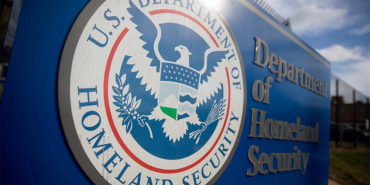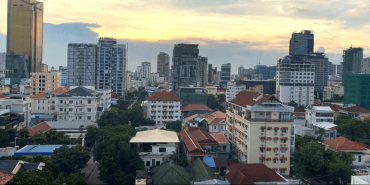Kenyan Diaspora Sends $1.23 Billion in First Quarter as Remittance Growth Rate Drops Sharply

Kenya's diaspora remittances have experienced a notable slowdown, with inflows totalling $1.23 billion (Sh159.5 billion) in the first quarter of this year.
This figure represents a modest 2.2% increase compared to the same period last year, a stark contrast to the 18.8% surge recorded in the first quarter of 2024, when remittances reached $1.21 billion (Sh156.9 billion). The deceleration in remittance growth has raised concerns, particularly given the historical significance of diaspora inflows as a critical pillar of Kenya's economy. Since 2015, these inflows have consistently surpassed other sources of foreign exchange, including tourism, foreign direct investment (FDI), and agricultural exports like tea and coffee.
The slowdown coincides with the recent policy changes initiated by the US administration, which have introduced stringent anti-immigrant measures and threats of mass deportations. These policies have created an uncertain climate for immigrant workers, including those in the Kenyan diaspora. The United States remains the primary source of remittances to Kenya, accounting for 53% of total inflows as of March, although this represents a slight decline from the 56% recorded in the same month last year.
Data from the Central Bank of Kenya (CBK) reveals varied monthly remittance inflows during the first quarter. January recorded the highest figure at $427.4 million (Sh55.4 billion), followed by February at $382.2 million (Sh49.6 billion), and March at $422.9 million (Sh54.8 billion). The combined total represents an increase of $26.4 million (Sh3.4 billion) over the same period last year but is markedly lower than the $190.5 million (Sh24.7 billion) year-on-year growth recorded during the first quarter of 2024.
The policies of the US administration have had a broad impact on global economies, influencing diaspora financial behaviour. Key policy changes, such as the US withdrawal from the Paris Accord on climate change, defunding of the World Health Organization (WHO), and cuts to refugee programs, have introduced significant economic and political uncertainties. Additionally, the imposition of reciprocal tariffs on imports to the US has further complicated international trade dynamics.
For the Kenyan diaspora in the US, these changes have heightened anxiety, potentially affecting their ability and willingness to remit funds. The American contribution to Kenya’s remittances pool has steadily decreased, reflecting this cautious economic sentiment. The slowdown in remittance growth follows a period of robust performance, which had been buoyed by global economic stabilization.
Easing inflationary pressures in developed economies and a relative cooling of the Russia-Ukraine conflict fostered a favourable environment for increased remittances. These factors had mitigated the economic disruptions that once hampered diaspora contributions, enabling sustained growth in recent years.














Add new comment